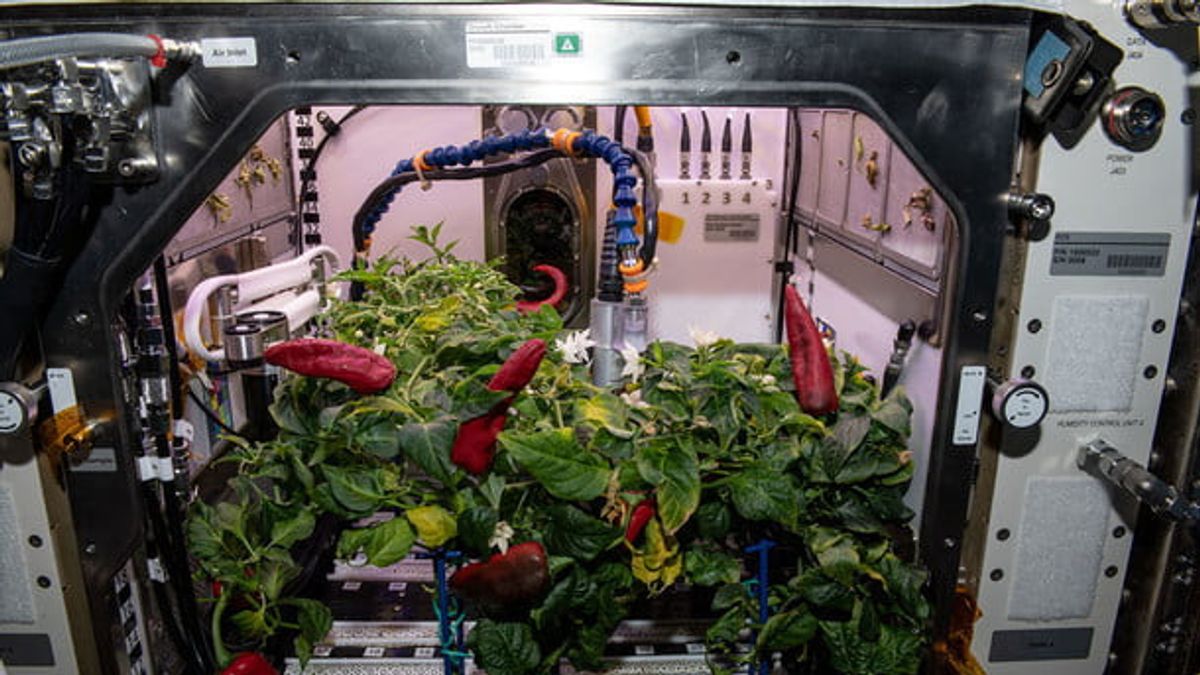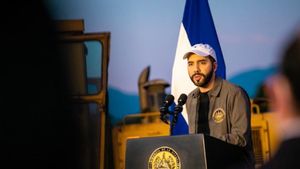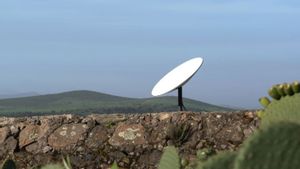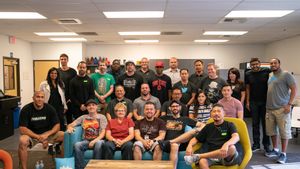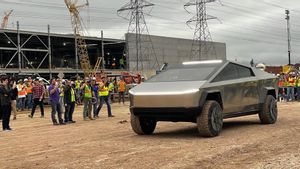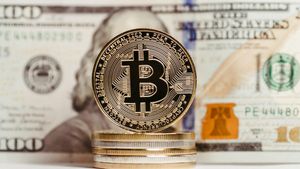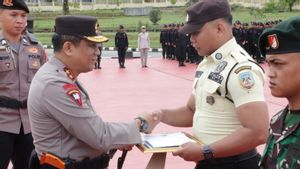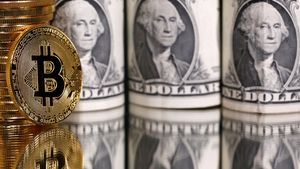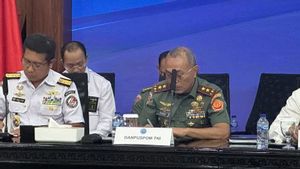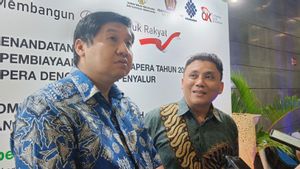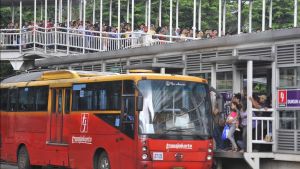JAKARTA - Astronauts harvest chili again at the International Space Station (ISS). This is the second hot pepper to be grown at the station and concludes one of the most challenging experiments in growing plants in space to date.
Several other crops, apart from chili peppers, were also grown on the ISS before, such as green vegetables and radishes, but the astronaut's experiment with growing chilies was much more challenging than any other crop.
This is because chili is a flowering plant and takes 137 days to grow, compared to other plants which only require a month or two.
As before, chilies were grown on the ISS Advanced Planet Habitat as part of an experiment called Plant Habitat-04.
🌶️ These peppers are breaking records!
The longest plant experiment in the history of the @Space_Station ended recently, 137 days after it began. Learn more about the peppers harvested from Plant Habitat-04 & how they added some spice to the orbiting lab: https://t.co/CfTiPk7r1Q pic.twitter.com/NSKC5Qt9ch
— NASA's Kennedy Space Center (@NASAKennedy) December 1, 2021
“PH-04 boosts the production of cutting-edge space plants significantly. With this experiment, we took field cultivars of Hatch peppers from New Mexico, dwarfed them to suit plant habitats, and found a productive way to grow the first generally recognized fruit crop in space", said PH-04 principal investigator of NASA's Kennedy Space Center in space. Florida, Matt Romeyn.
Reporting from Digital Trends, Monday, December 6, the first batch of chilies was harvested last October 29 and processed into delicious tacos for the crew on the ISS. One of the great advantages of growing chili peppers is that their spicy taste appeals to astronauts, who often request condiments such as hot sauce to make their food more appetizing.
SEE ALSO:
“The level of excitement at first harvest and space tacos is unprecedented for us. "All indications were that some of the fruits were on the spicier side, which was unexpected, given the unknown effect of microgravity on capsaicin levels in peppers", said Romeyn.
Apart from providing the physical health benefits of fresh vegetables, caring for plants and then harvesting and eating them can also be psychologically beneficial for astronauts. Make them have fun activities on the ISS.
“The biggest benefit I see personally is the impact growing crops has on the crew. They are so engrossed in interacting with plants, especially if it's food crops like peppers", said PH-04 project manager, Nicole Dufour.
"We found the crew checking the plants and looking at the peppers every day. It wasn't something we asked them to do, they just wanted to because they really enjoyed it".
The English, Chinese, Japanese, Arabic, and French versions are automatically generated by the AI. So there may still be inaccuracies in translating, please always see Indonesian as our main language. (system supported by DigitalSiber.id)
